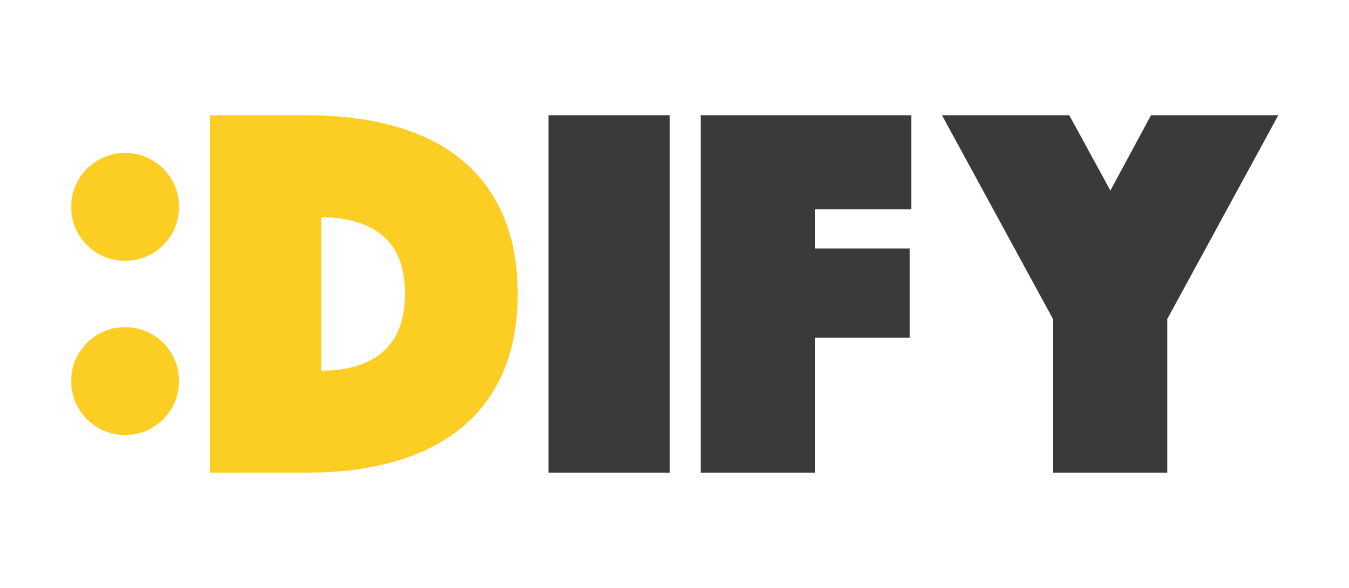How Blockchain Technology Is Revolutionising The Supply Chain
How Blockchain Technology Is Revolutionising The Supply Chain
The supply chain is a complex network of manufacturers, distributors, retailers, and other stakeholders that are involved in the production and delivery of goods. It is a critical part of the global economy, but it is also one that is plagued by inefficiencies, fraud, and other problems. Blockchain technology has emerged as a promising solution to many of these issues, and in this article, we'll explore how it can revolutionise the supply chain.
Table of Contents
What is Blockchain Technology?
How Can Blockchain Technology Revolutionise the Supply Chain?
Examples of Blockchain Technology in the Supply Chain
Conclusion
FAQs
What is Blockchain Technology?
Blockchain technology is a decentralised digital ledger that records transactions in a secure and transparent way. Each transaction is secured with a unique cryptographic signature, and once it is recorded on the blockchain, it cannot be altered or deleted. This makes the blockchain an ideal solution for recording and verifying transactions in a secure and transparent way.
How Can Blockchain Technology Revolutionise the Supply Chain?
Transparency: One of the biggest challenges in the supply chain is the lack of transparency. Many stakeholders are involved in the production and delivery of goods, and it can be difficult to track the movement of goods through the supply chain. Blockchain technology can provide a solution to this problem by creating a transparent and immutable record of transactions. This can help prevent fraud, reduce errors, and increase transparency.
Walmart utilises blockchain for transparency a lot: by tracking food products through their supply chain from the supplier to the store shelf, they can quickly identify the sources of any food-borne illnesses, as well as increase transparency and accountability.Traceability: Another challenge in the supply chain is the lack of traceability. It can be difficult to trace the origin of goods and to ensure that they are produced ethically and sustainably. Blockchain technology can be used to create a secure and transparent record of the entire supply chain, from the origin of the raw materials to the final destination of the finished product. This can help ensure that goods are produced ethically and sustainably.
One notable example of a company that utilises blockchain technology in this regard is De Beers, the world’s leading diamond producer. It uses blockchain to track diamonds from the mine to the retailer. This helps to ensure that diamonds are ethically sourced and conflict-free, which is increasingly important to consumers.Efficiency: The supply chain is often plagued by inefficiencies, such as delays, errors, and redundant processes. Blockchain technology can be used to streamline the supply chain by automating many of these processes. Smart contracts, for example, can be used to automatically execute certain tasks, such as payments or the release of goods, when certain conditions are met.
The American logistics company, UPS, uses a blockchain-based platform called UPS Customs Brokerage, which helps to simplify the customs clearance process for cross-border shipments. This has helped them to reduce costs and improve their efficiency vastly.
Examples of Blockchain Technology in the Supply Chain
Food Safety: Blockchain technology is being used in the food industry to ensure the safety and quality of food products. By creating a transparent and immutable record of the supply chain, blockchain technology can help prevent foodborne illnesses and other safety issues.
Ethical Sourcing: Blockchain technology can be used to ensure that goods are produced ethically and sustainably. By creating a transparent and traceable record of the supply chain, blockchain technology can help prevent the use of child labour, forced labour, and other unethical practices.
Shipping and Logistics: Blockchain technology can be used to streamline the shipping and logistics process. By creating a transparent and immutable record of the supply chain, blockchain technology can help reduce errors, prevent fraud, and improve the overall efficiency of the process.
Conclusion
Blockchain technology has the potential to revolutionise the supply chain by providing a secure, transparent, and efficient way to record and verify transactions. Its ability to create a transparent and traceable record of the entire supply chain can help prevent fraud, reduce errors, and improve overall efficiency. As the technology continues to evolve, we can expect to see even more innovative uses of blockchain in the supply chain.
FAQs
Q: How does blockchain technology keep data safe?
A: Blockchain technology keeps data safe by using cryptographic algorithms to secure transactions and prevent unauthorised access or tampering. Data is stored in blocks that are linked together in a chain, making it difficult for hackers to alter previous transactions.
Q: How can blockchain technology revolutionise the supply chain?
A: Blockchain technology can revolutionise the supply chain by providing greater transparency and accountability, improving efficiency, and reducing costs. It can help to track products from the source to the consumer, ensuring that they are ethically sourced and environmentally sustainable. Additionally, it can eliminate the need for intermediaries, making transactions faster and more secure.
Q: What are some examples of companies that use blockchain technology in their supply chains?
A: Some notable examples of companies that use blockchain technology in their supply chains include Walmart, Maersk, De Beers, UPS, and Nestle. Each of these companies has implemented blockchain-based solutions to improve transparency, accountability, and efficiency in their supply chains.
Q: Is blockchain technology secure?
A: Yes, blockchain technology is secure because it uses cryptographic algorithms to secure transactions and prevent unauthorised access or tampering. Each block is linked to the previous block in the chain, making it difficult for hackers to alter previous transactions without being detected. However, like any technology, it is not immune to hacking or other cyber threats, so it is important to implement appropriate security measures. Additionally, the security of a blockchain network depends on the consensus mechanism used, so it is important to choose a robust and reliable mechanism.

